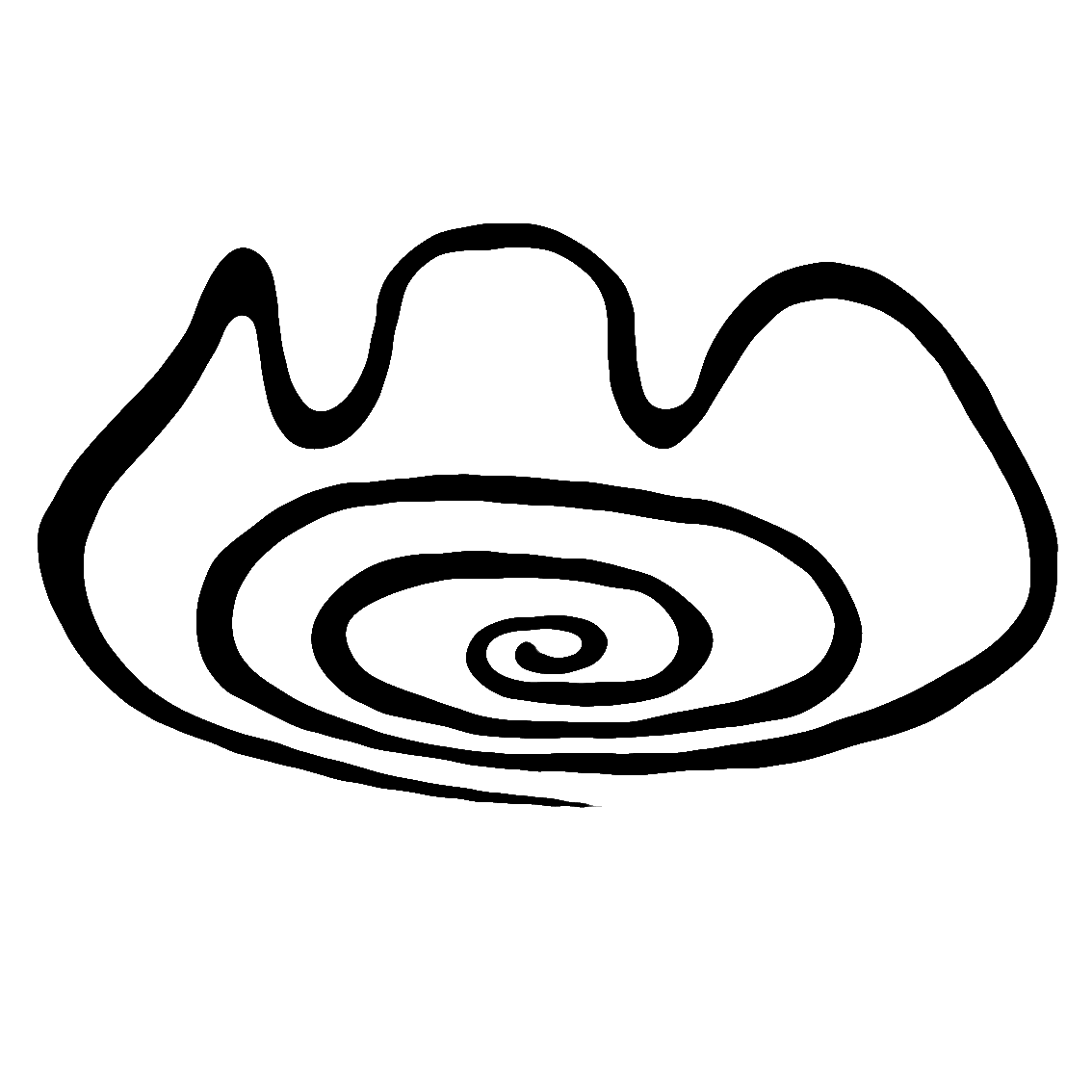Could Ogygia have become Orkney?
- Finn Olav

- Dec 9, 2018
- 4 min read
Updated: Jan 24, 2019

Felice Vinci and Morten Alexander Joramo identified the island Stora Dimun on the Faeroe island as the island Ogygia. Plutarch wrote: "an isle Ogygian lies far out at sea, distant five days’ sail from Britain, going westwards, and three others equally distant from it, and from each other". Sailing westwards from Britain you would be taken by the Gulf Stream and could end up on the Faeroe Islands and Stora Dimun had three surrounding islands that were fitting the description. Homer writes that Odysseus was detained on Ogygia for seven years by the nymph Calypso.
In my head, it seemed unlikely that it was Stora Dimun that Strabo, Homer and Plutarch were referring to. Stora Dimun is more or less a nothing in the middle of nowhere. As Eddie Murphy's father said, "Nothing minus nothing leaves nothing". And for those people to bother writing about the place it had to have some significance. I also believe that it was more than Odysseus imagination that kept him there for seven years. Odysseus explains that Ogygia was the home of the nymph Calypso, daughter of the Titan Atlas and that Calypso wanted to marry him.
Normally when sailors get stuck somewhere its due to two things. Willing women and cheap alcohol. If these conditions are missing where they are stuck, then they find a way to get to places where these conditions can be found so they can be stuck there instead. At any cost.
At my home island Røst, my father referred to some fishing-boats as "The Pacific Fleet". In Norwegian, it would translate as "The calm ocean fleet - Stillehavsflåten." When I asked, why he called them that? He answered: "As long those fishermen have money to buy beer they stay in the harbour. Even if the water is totally flat and the sun is shining and the other boats are fishing tons of fish, they won't leave the peer. But if they are out of beer and out of money then they'll go out, even if all the other boats are hiding inside the harbour because it's too dangerous to be at sea".
But since it's written that Calypso wanted to marry Odysseus I assume that there was a woman involved. When it comes to Stora Dimun, then I don't think there ever would have been any permanent population. It's more likely to be a place to gather food and then leave until the next season. Keeping a woman happy there permanently and without even, the possibility to shop on the internet would be very difficult.

So I decided to look around to see if I could find a better alternative. I started by looking for an island that had a name that could sound familiar to Ogygia. So I focused on the O. Only match I found was Orkney. Well, let's look closer. Three islands surrounding island number four? That's Eday.
Plutarch also writes: "for the sea is difficult of passage and muddy through the great number of currents, and these currents issue out of the great land, and shoals are formed by them, and the sea becomes clogged and full of earth, by which it has the appearance of being solid".
Wikipedia writes about Eday: The European Marine Energy Centre (EMEC) based at Stromness is a Scottish Government-backed research facility. They have installed a wave testing system at Billia Croo on the Orkney mainland and a tidal power testing station, overlooking the Fall of Warness, on Eday.[63] The test site was chosen because of the marine currents that reach almost 4 metres per second (7.8 kn) at spring tides. There are seven offshore testing berths connected to the 33KV North Isles section of the national grid, via an underground cable.[64]
This tells me that the sea currents in the area is significant and can match what Plutarch wrote.
Then I had to find out if it had been any human activity there at the right time. This was when I got the "wahooo" experience. There are almost as many Neolithic and bronze age sites on Orkney as in the rest of Britain. With the newest findings on Borgar, some people say that we might have to turn the cultural map for the Neolithic period Britain upside down.
The name Ogygia probably has the meaning of primal or birthplace, where it all began. Orkney, on the other hand, is believed to refer to young pigs or boar. This website explains it very easily. I also get associations to the word orc. Wikipedia writes - Orc I derived from Anglo-Saxon, a word meaning demon, usually supposed to be derived from the Latin Orcus – hell.
So, if I am right, then Orkney's name has gone from meaning Heaven to meaning Hell. The same is the trough for many places names in Scandinavia where "Hel" ro "Hell" meant "Holy" in ancient times.
I believe that a transition from Ogygia to Orkney could have emerged because of jealousy by neighbours. Envy for Ogygia's/Orkney's status as a political, cultural and religious centre during the Neolithic period. Unfortunately doesn't I have any solid proofs to support this theory.
What Island do you think was the island Ogygia that Homer wrote about?
Use the comment field below and tell me whether you think that I am going in the right direction or not?








Comentários